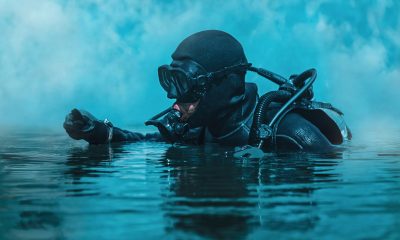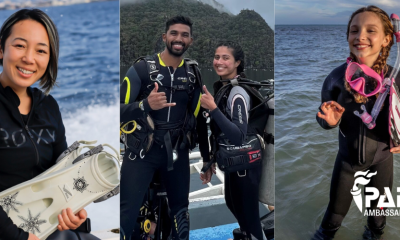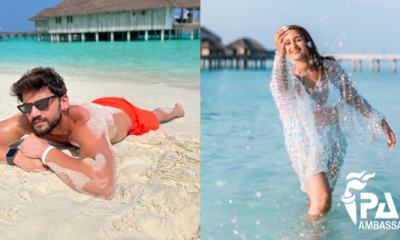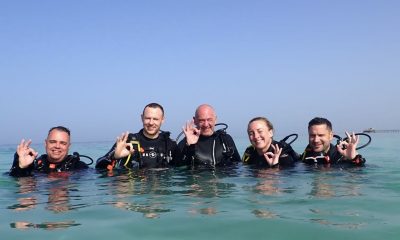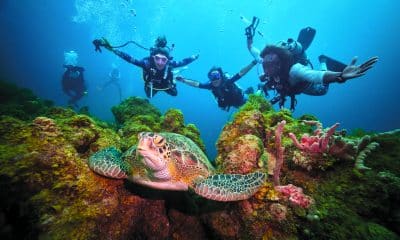News
Deptherapy charity celebrates triple success
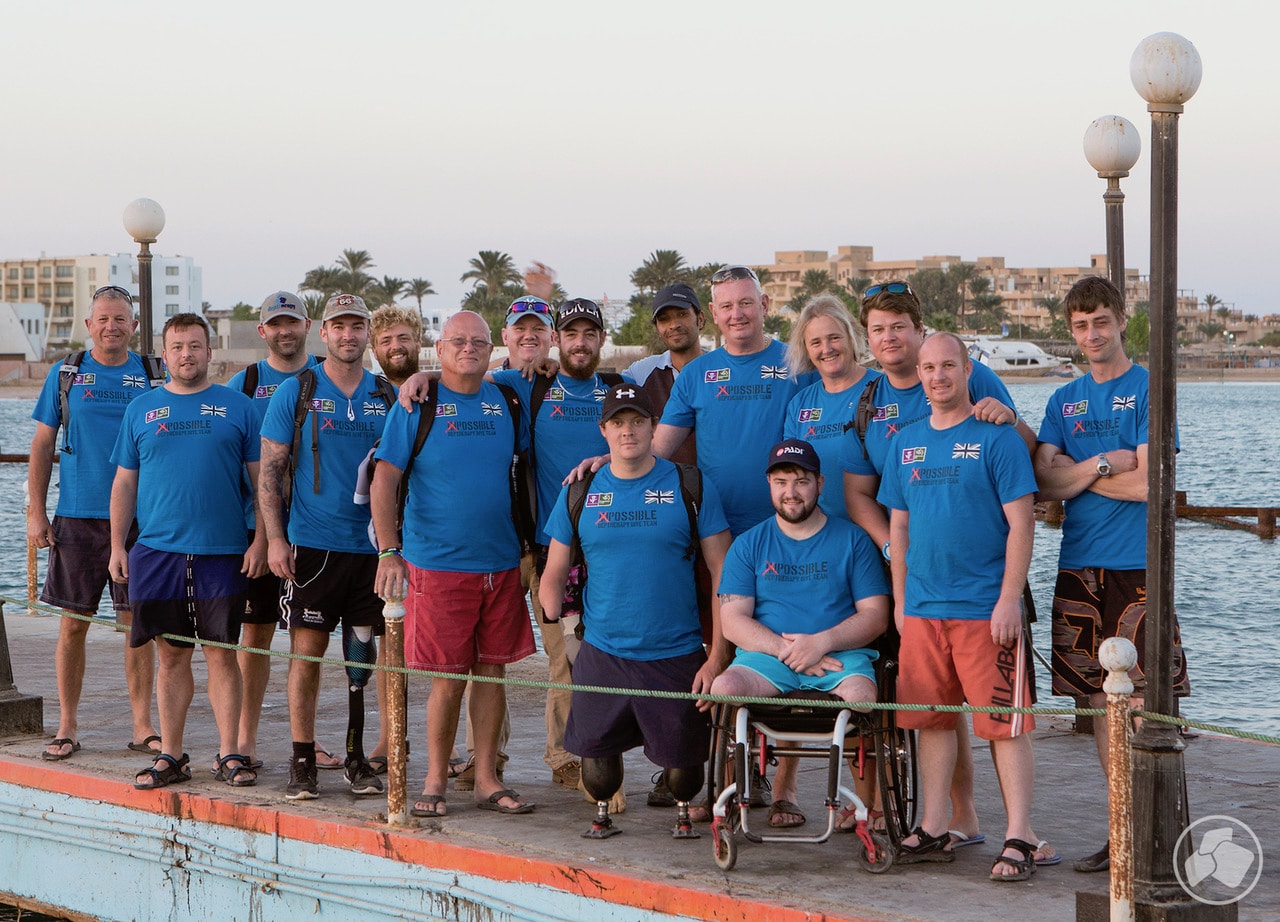
The sterling work of scuba rehabilitation charity Deptherapy has been recognised once again with a prestigious military award.
Dr Richard Cullen, Chairman and one of the Founders of Deptherapy & Deptherapy Education, was presented with the Veterans’ Foundation Award at the Heropreneurs Awards in association with The Telegraph, celebrated last week in London. As part of this recognition, the charity receives a much-needed donation of £10,000 from sponsor, The Veterans’ Foundation.

Peter Mountford, the Chairman of Heropreneurs and Founder of the Heropreneurs Awards, said:
“The Heropreneurs Awards recognise the outstanding achievements of anyone who has served in the Armed Forces, and their dependants, in the world of business. Richard has created a charity that is very special. Helping injured veterans through scuba diving is a proven and effective method and I am delighted that Richard has won this award”.
This exciting announcement follows a month of outstanding achievements for the charity. Last week, Deptherapy announced that Team Member Josh Boggi has been nominated in the Royal Foundation’s 2019 Endeavour Fund Awards, which follows Ben Lee’s award earlier this year.
Former Royal Engineer Josh first dived with Deptherapy in 2017 and has subsequently followed a continuing education programme with the charity that last month saw him achieve his Rescue Diver qualification whilst on expedition in Egypt.
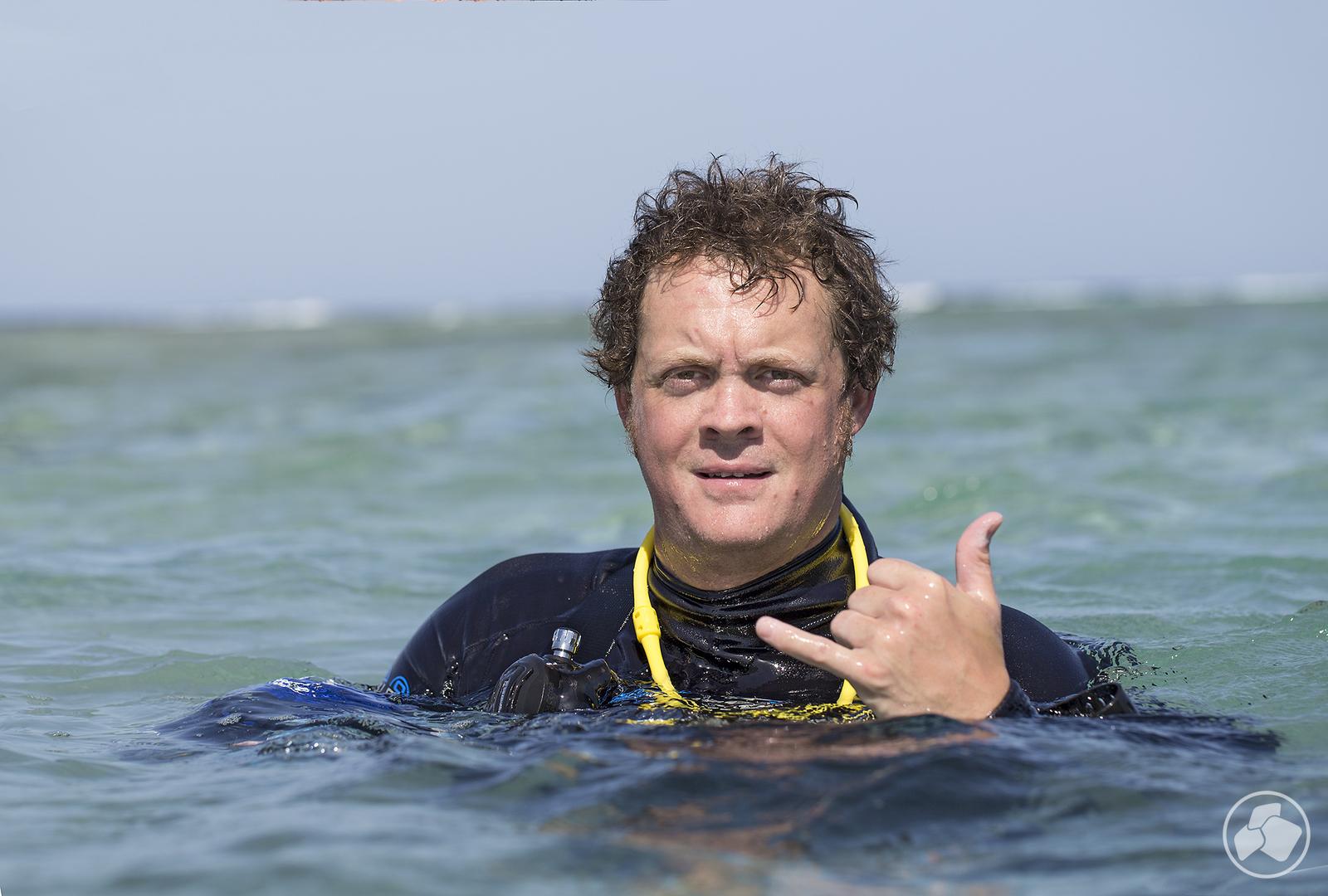
Josh is now the world’s first triple amputee PADI qualified Rescue Diver.
Josh explains:
I first tried scuba diving in the Maldives in 2016 and fell in love with it instantly. After joining Deptherapy, I qualified as a PADI Advanced Open Water Diver in Egypt and continued my diving education with the charity in Truk Lagoon. This October, I returned to Egypt to attempt to complete my PADI Rescue Diver course.
I was under no illusion that this would be easy and I was told I would have to hit standards, and then some, to pass the course. It was physically and mentally hard, and at times frustrating, but I managed to adapt and overcome all the challenges that were thrown at me and I passed! Becoming the world’s first triple amputee PADI Rescue Diver is great but not why I did it, I wanted to further my diving education and become a better diver.
The Ocean terrifies me; every time I go underwater I think I am going to be attacked by something bigger than me, but this is exactly why I do it. It takes me out of my comfort zone and puts me in a position where I am constantly being challenged. Doing these endeavours helps me to overcome that fear and to prove people wrong when they question how a triple amputee can be a Rescue Diver.
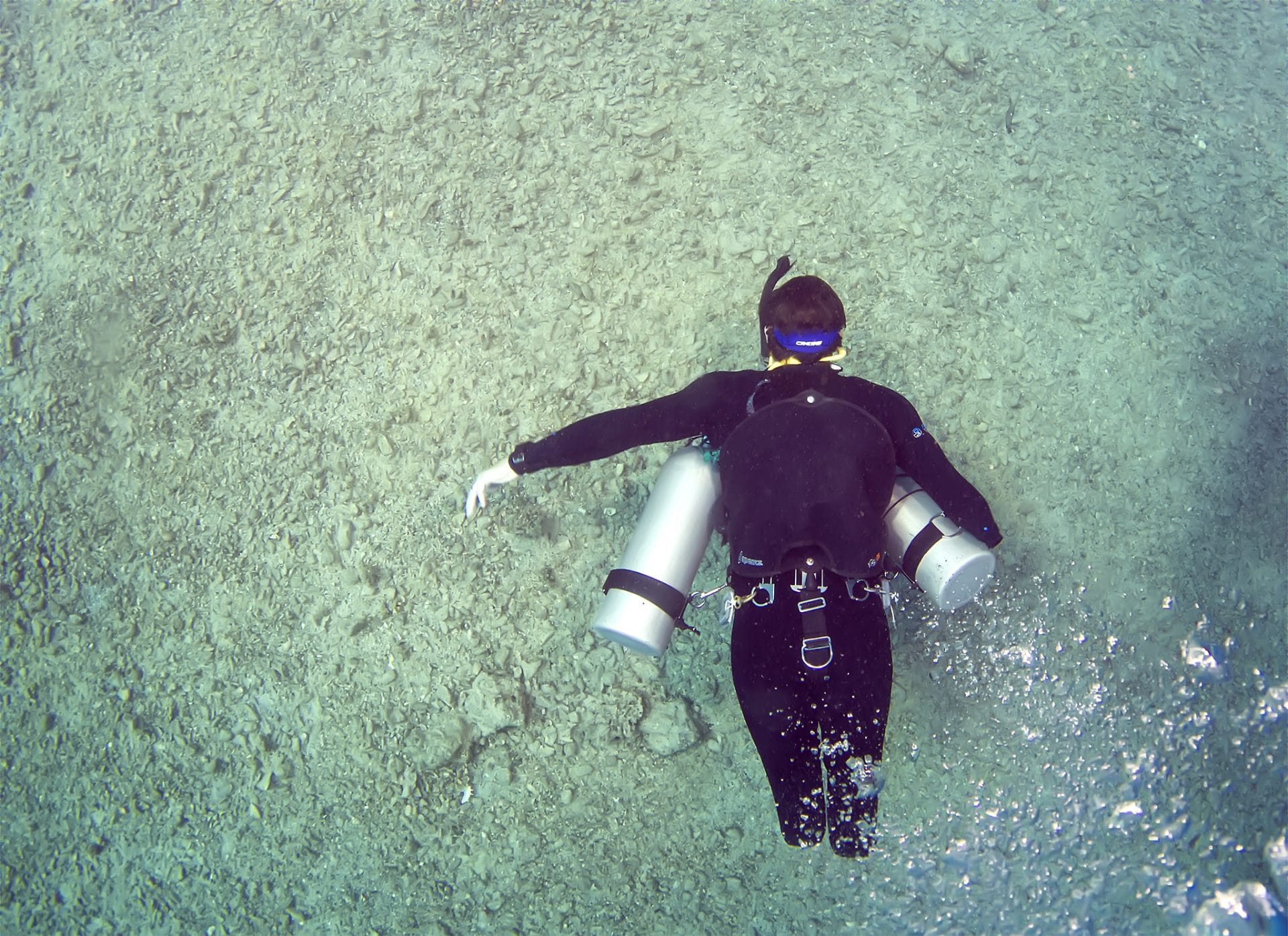
Josh was recently interviewed about his latest achievement by ITV news and the footage can be seen on the ITV channel here.
The 2019 Endeavour Fund Award Winners will be announced at a special ceremony on 7th February in London.
Find out about the work of Deptherapy & Deptherapy Education at www.deptherapy.co.uk.
Blogs
Join Pharaoh Dive Club for Red Sea Splash Family Summer Camp in August 2024
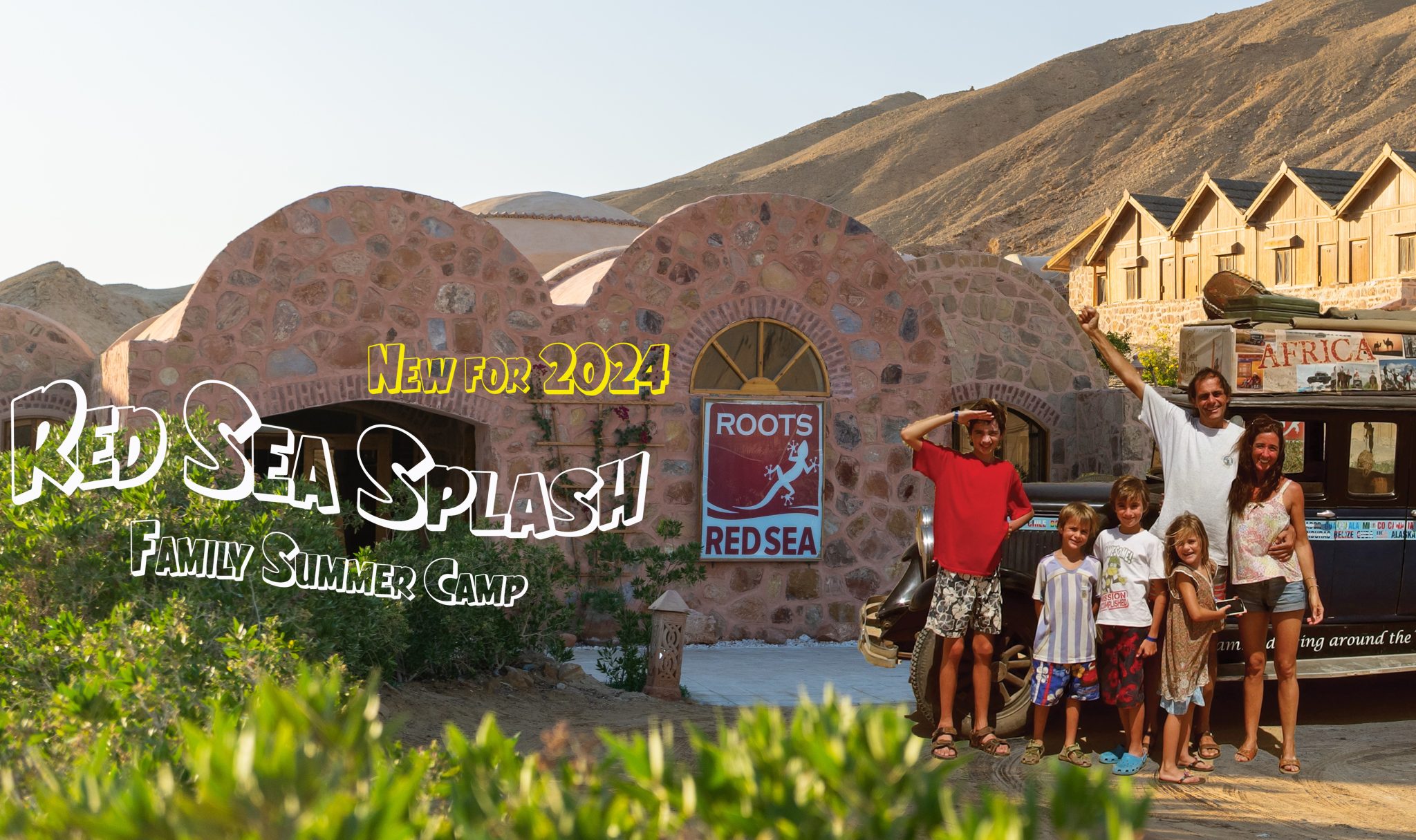
3rd AUGUST 2024 – 1 or 2 WEEK PROGRAMMES
Daily water programme with Snorkelling & Scuba Diving.
Beginners or qualified, something for all.
Leave the kids with the Splash Team for days of Excitement, Fun & Adventure!
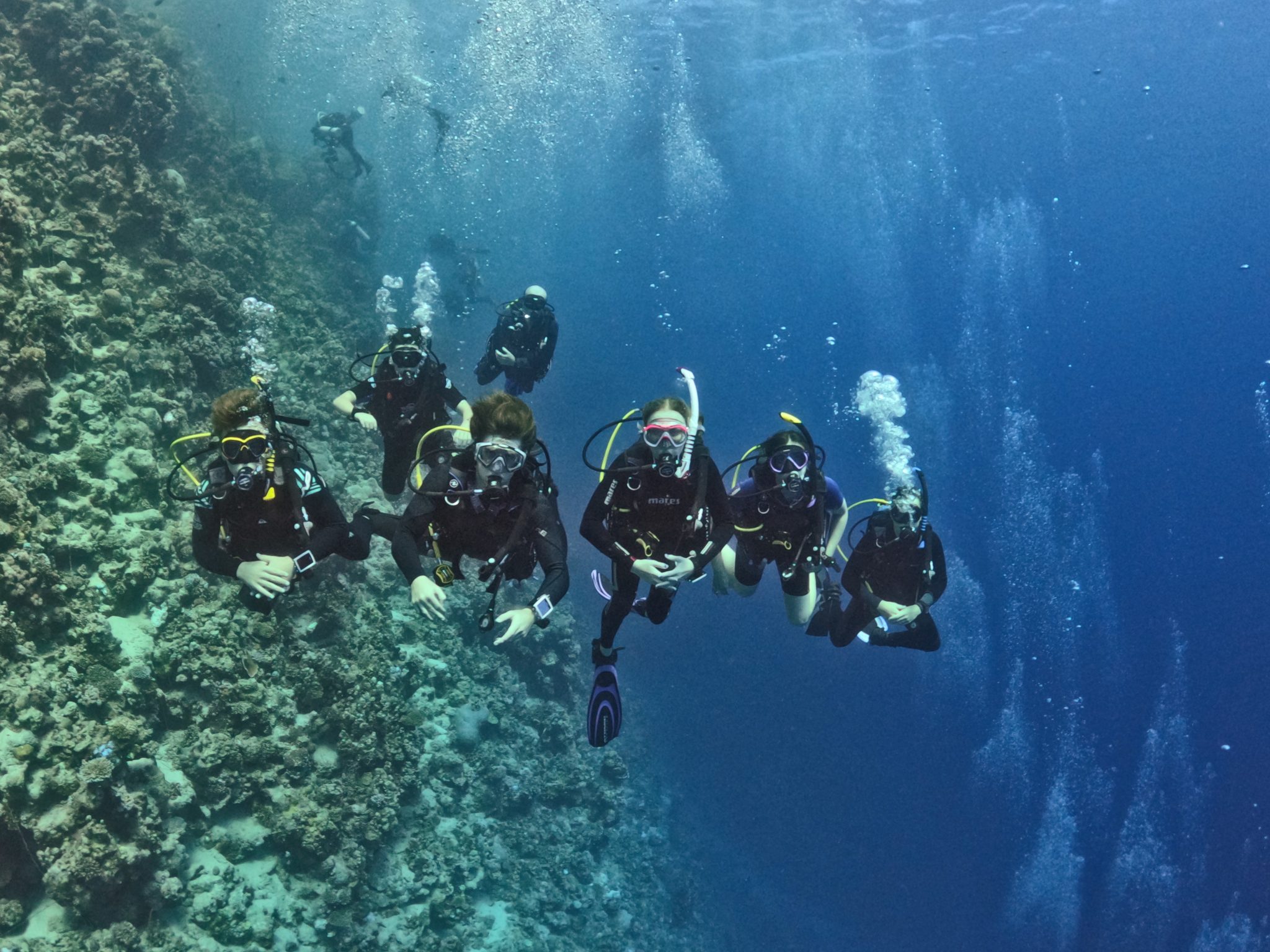
BOOK NOW: INFO@PHARAOHDIVECLUB.COM / TEL: +44 7598 329059 or +20 100 6822000
There are various options for accommodation with options for 2, 3, 4 or 5 guests.
Eco Huts provide accommodation for families of up to 4. The best option to enhance the adventure and closest to camping with basic facilities. For August we will provide central air cooling for all the Eco Huts.
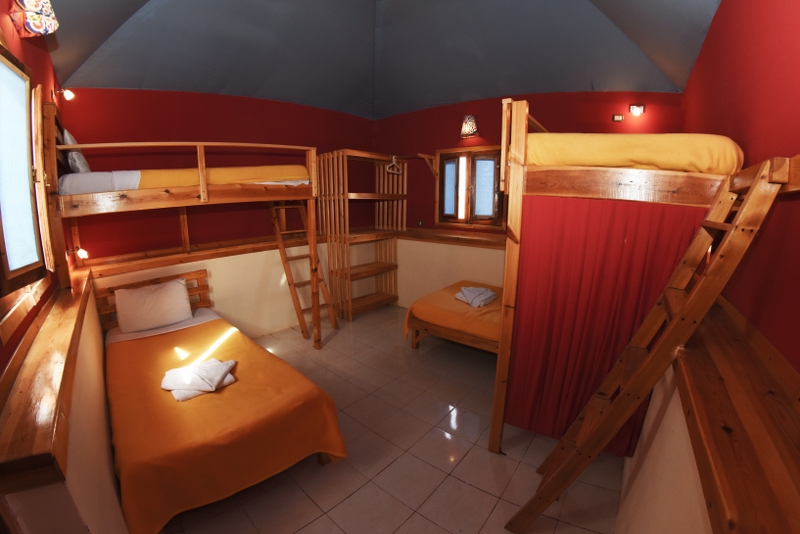
Deluxe Chalets are only suitable for 2 guests. Fully air conditioned rooms with private bathroom and other facilities.
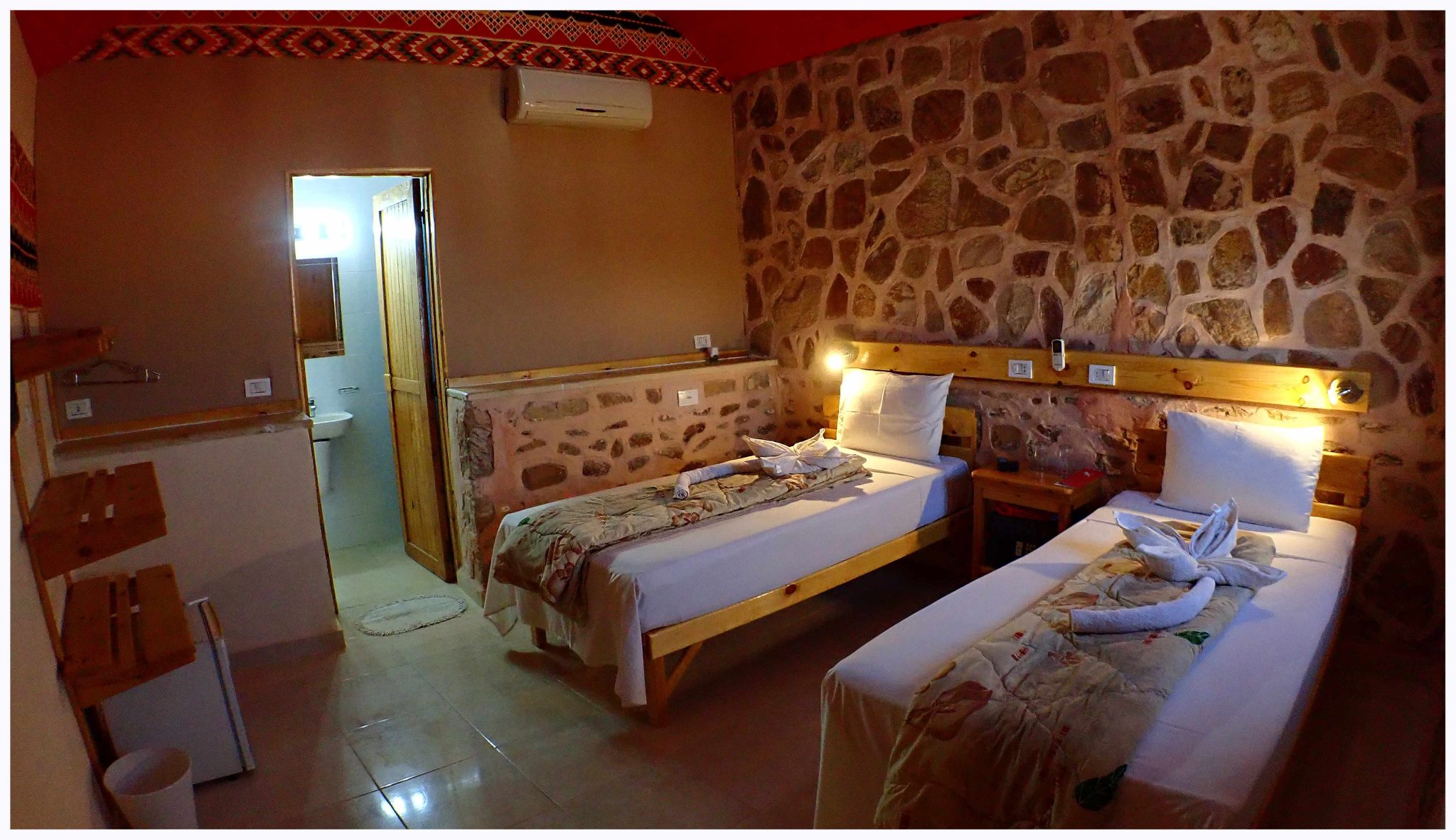
Boutique Rooms are available for families of up to 5.
Individual bespoke rooms fully air conditioned with private bathroom and other facilities.
Eco Huts: £675 per adult / £425 per child / Under 8 FREE of charge
Deluxe Chalet: £830 per adult / £505 per child / Under 8 FREE of charge
Boutique Room: £925 per adult / £550 per child / Under 8 FREE of charge
BOOK NOW: INFO@PHARAOHDIVECLUB.COM / TEL: +44 7598 329059 or +20 100 6822000
This is a truly unique opportunity to have a Family Desert Adventure totally away from it all! You will be based at the remote Roots Red Sea on the coast of the Egyptian Eastern Desert, 140km south of Hurghada city.
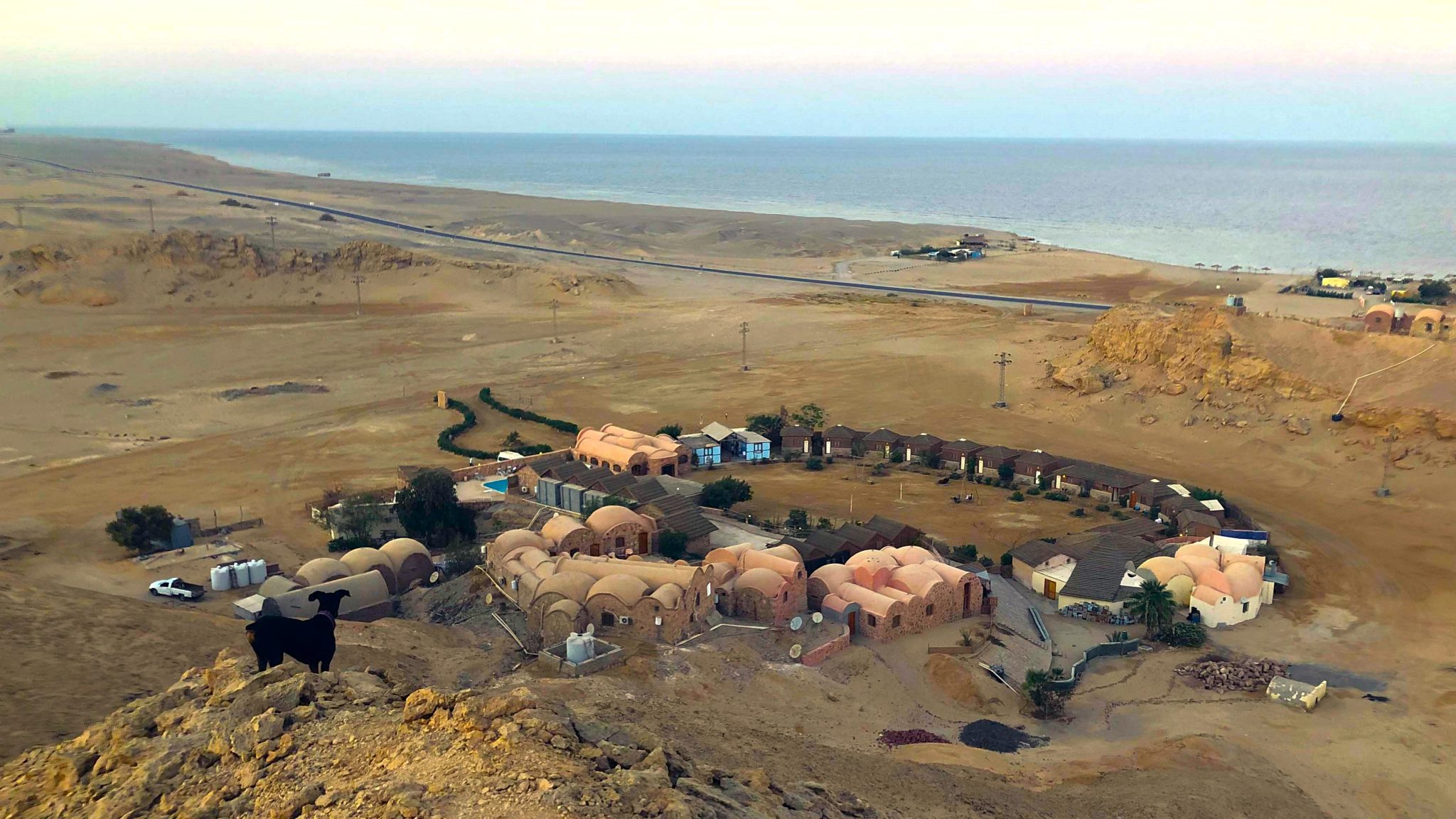
Red Sea Splash main focus is Snorkelling & Scuba Diving but that’s not all, we provide a rounded week of activities in support.
Pool& Field Games – Arts & Crafts
Marine Biology Workshops
Cultural Activities – Orienteering Adventures
Roots Red Sea have established strong links with the local communities of Hamerwain & El Quseir affording our guests to have a true taste of the local culture, SPLASH CAMP embraces this opportunity and bring in the local children to join in the fun with our adventure seekers.
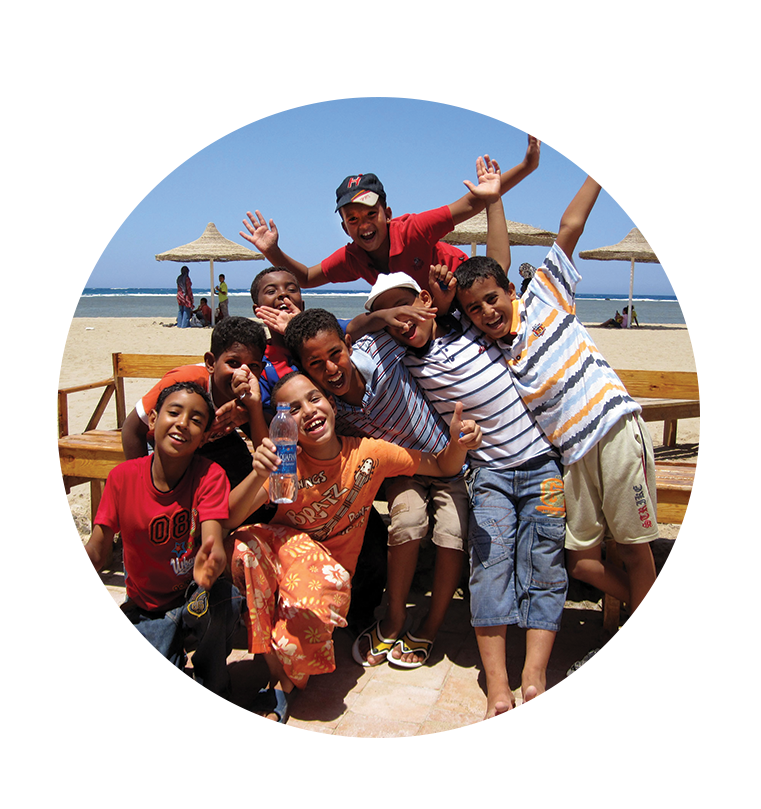
During the day, families are welcome to take part in all activities together or the kids can be left with the SPLASH CAMP team while the parents enjoy the facilities or go diving themselves!
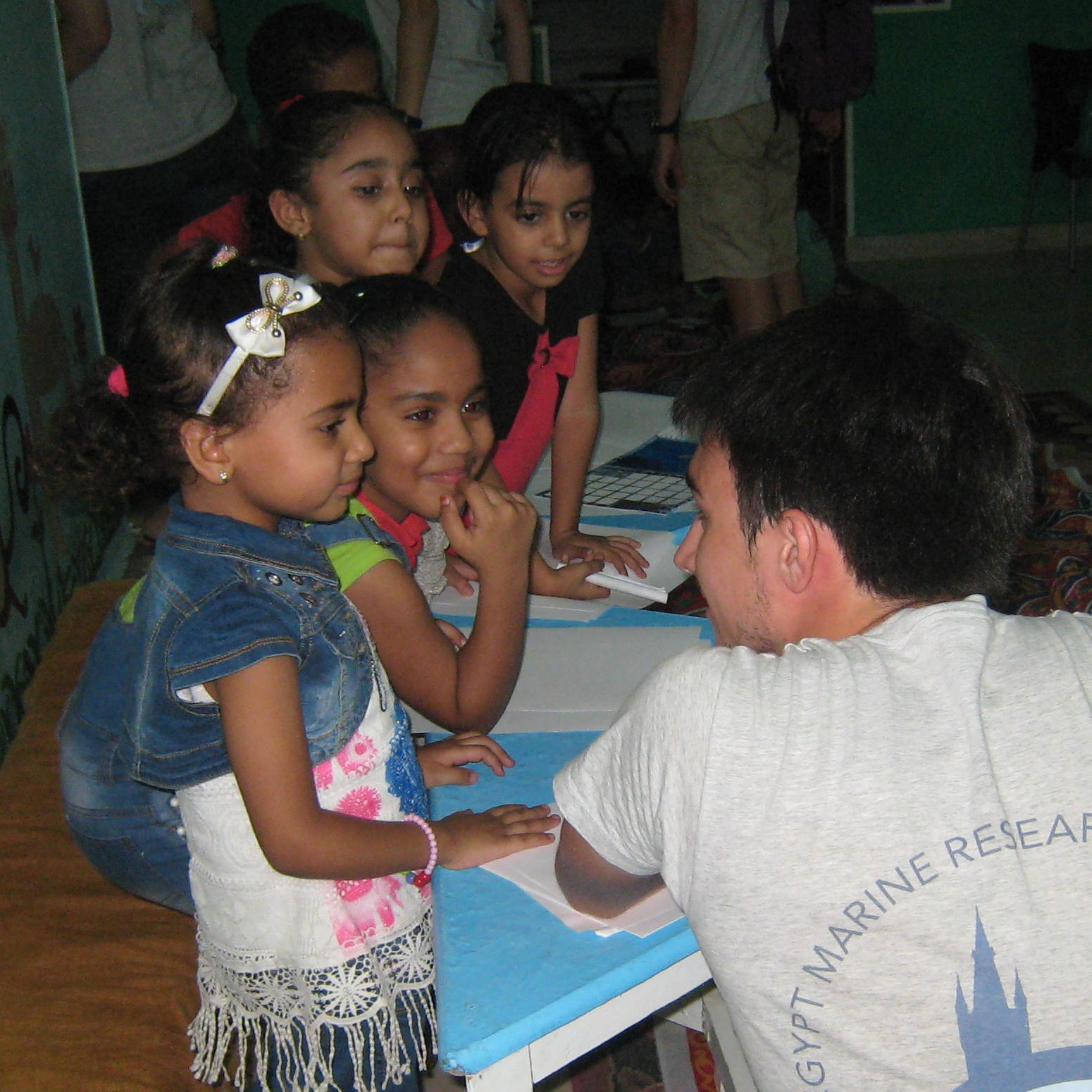
At the end of the day, its family time while the SPLASH CAMP team take a break. For those with the energy, there are family evening activities planned a few evenings.
Open Air Movie Night – Desert Star Gazing Walk & Talk
El Quseir Evening City Tour
The second week is very special, we head off on the Big Blue for a liveaboard safari around Fury Shoals.
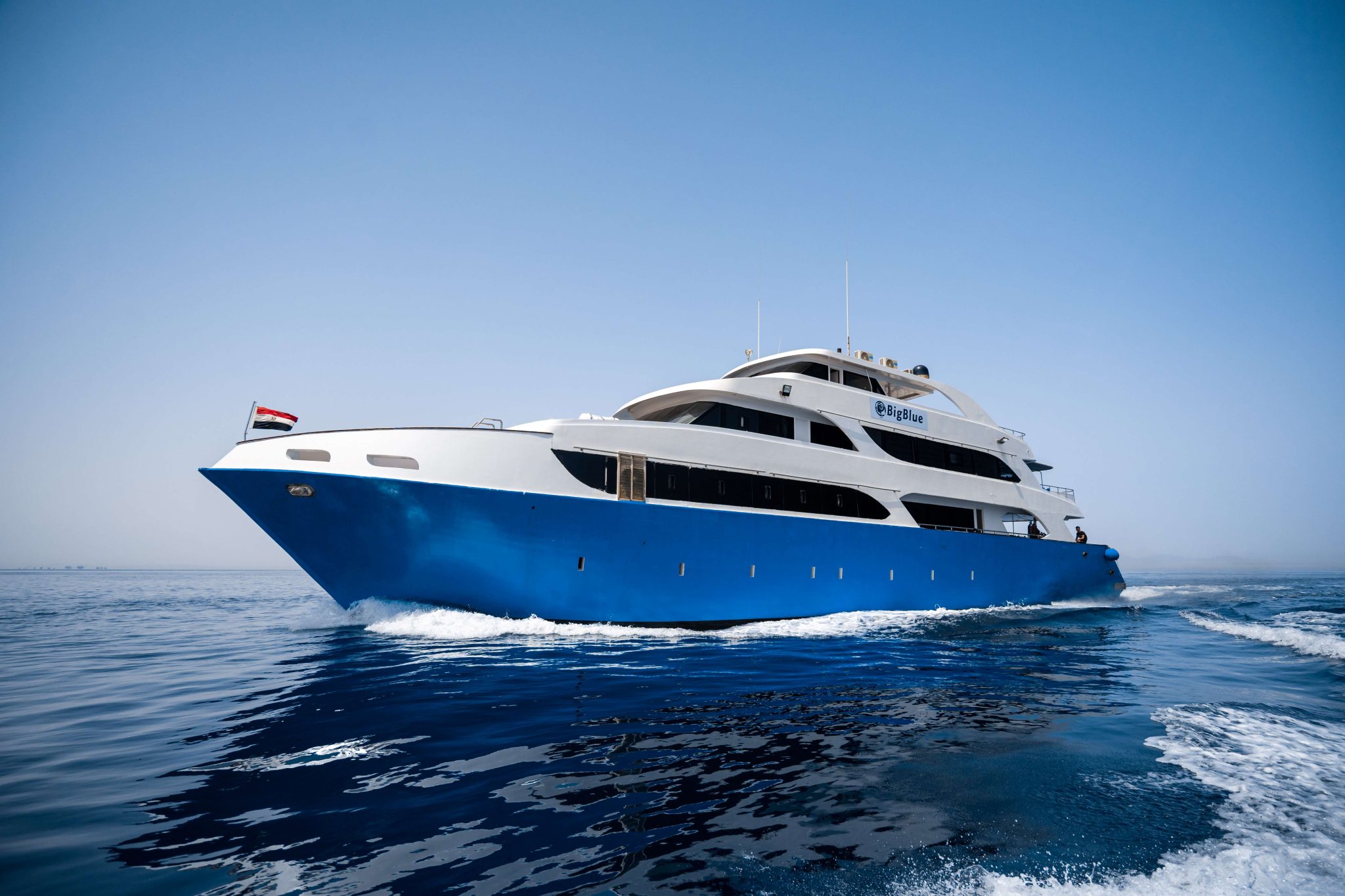
BOOK NOW: INFO@PHARAOHDIVECLUB.COM / TEL: +44 7598 329059 or +20 100 6822000
U-8 Splash Club
Sadly we can’t offer Scuba Diving to the Splash Club but we can have lots of fun Snorkelling & Free Diving!
Splash Club includes:
Certified Snorkel Course – Marine ID Games – Intro to Free Diving
Arts & Craft Sessions – Adventure trails – Cultural Playtime – Pool Games
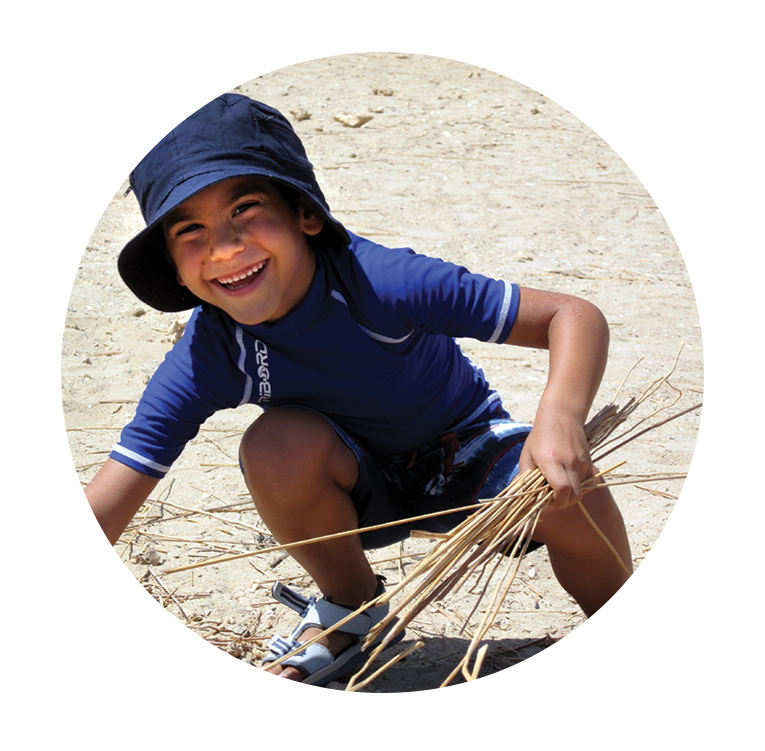
U-12 Explorer Club
In addition to an exciting snorkelling and Free Diving Programme in the Splash Club we can take you under the water on SCUBA to a whole new world of fun and wonder. If you are under 10 your first breath under water will be as a Bubblemaker and continue with daily Seal Team Missions. From 10 we will complete a Discover Scuba Diving experience in the amazing Red Sea. Alternatively we offer a full junior certification programme to become an international qualified Scuba Diver.
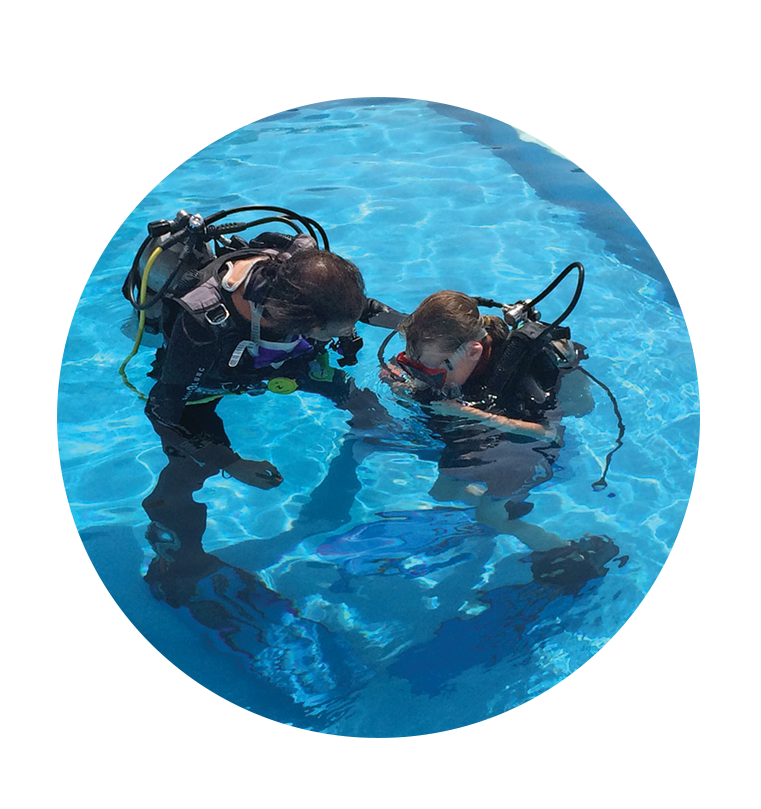
U-16 Adventurer Club
For qualified Scuba Divers regardless of age it’s the Adventurer Club and exploration of the local reefs and marine life. There will be 2 dives every day with the Open Ocean marine field station team who will introduce you to Red Sea marine life and workshops on marine research. Alternatively there are opportunities to continue your scuba diving certifications with our instructional team.
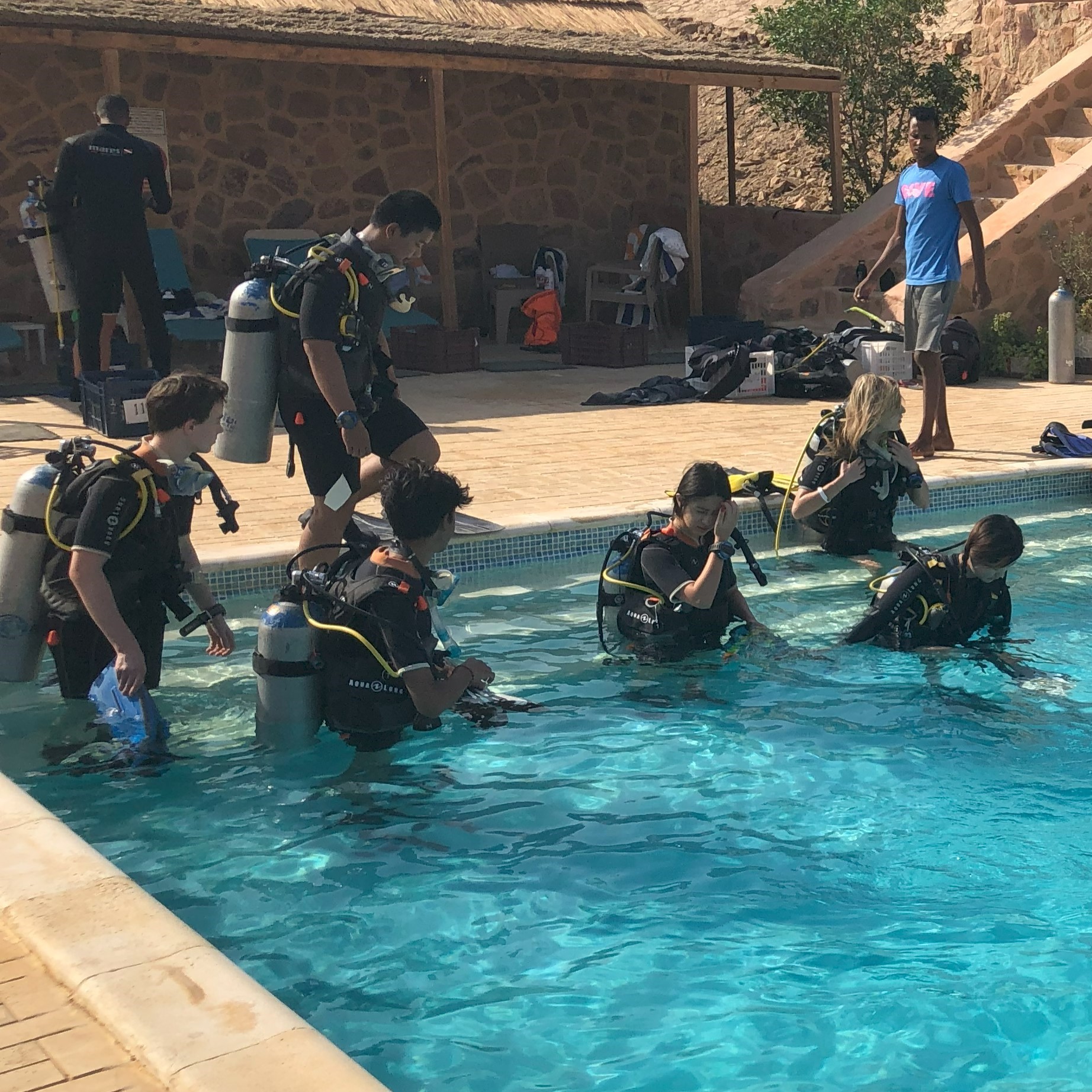
Parents are welcome to join the club activities and join the courses.
BOOK NOW: INFO@PHARAOHDIVECLUB.COM / TEL: +44 7598 329059 or +20 100 6822000
Big Blue might seem like the new kid on the block, but the team behind the highly acclaimed liveaboard is far from that. They have been running Red Sea safaris since the late 1980’s and were in fact part of the early pioneers who ventured out to the unknown on vessels that in today’s world, really shouldn’t have left the harbour! It’s that experience and the years of operating the award-winning Roots Red Sea resort which truly set Big Blue apart from the crowd!

Large lounge area, spacious sun deck and terrace deck.
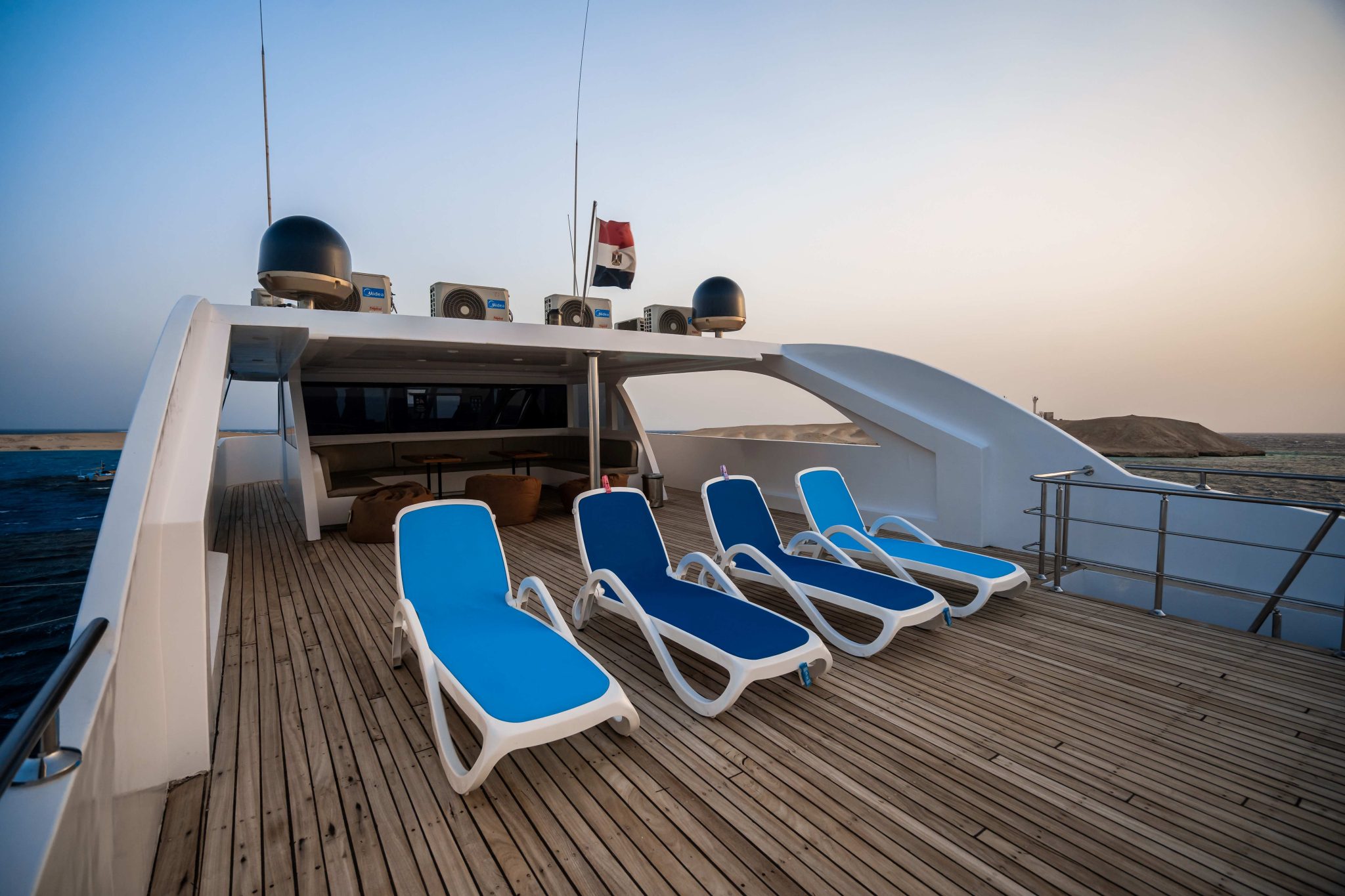
Airy restaurant with five tables with up to six chairs per table, serving a varied and delicious menu with special dietary requirements catered for.
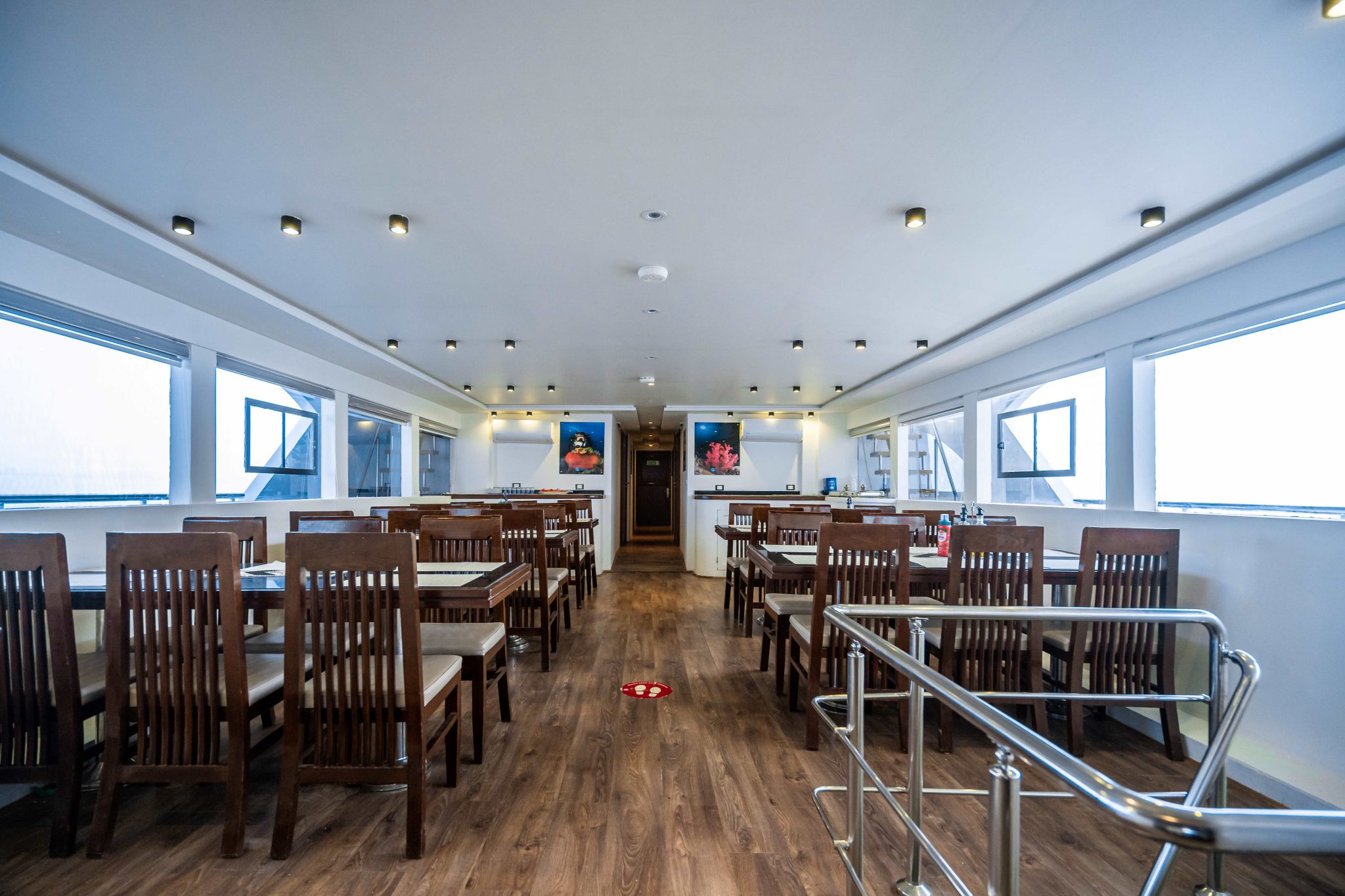
The spacious cabins have side by side beds and a large walk in wet bathroom.

Ample dive deck for divers & snorkelers.
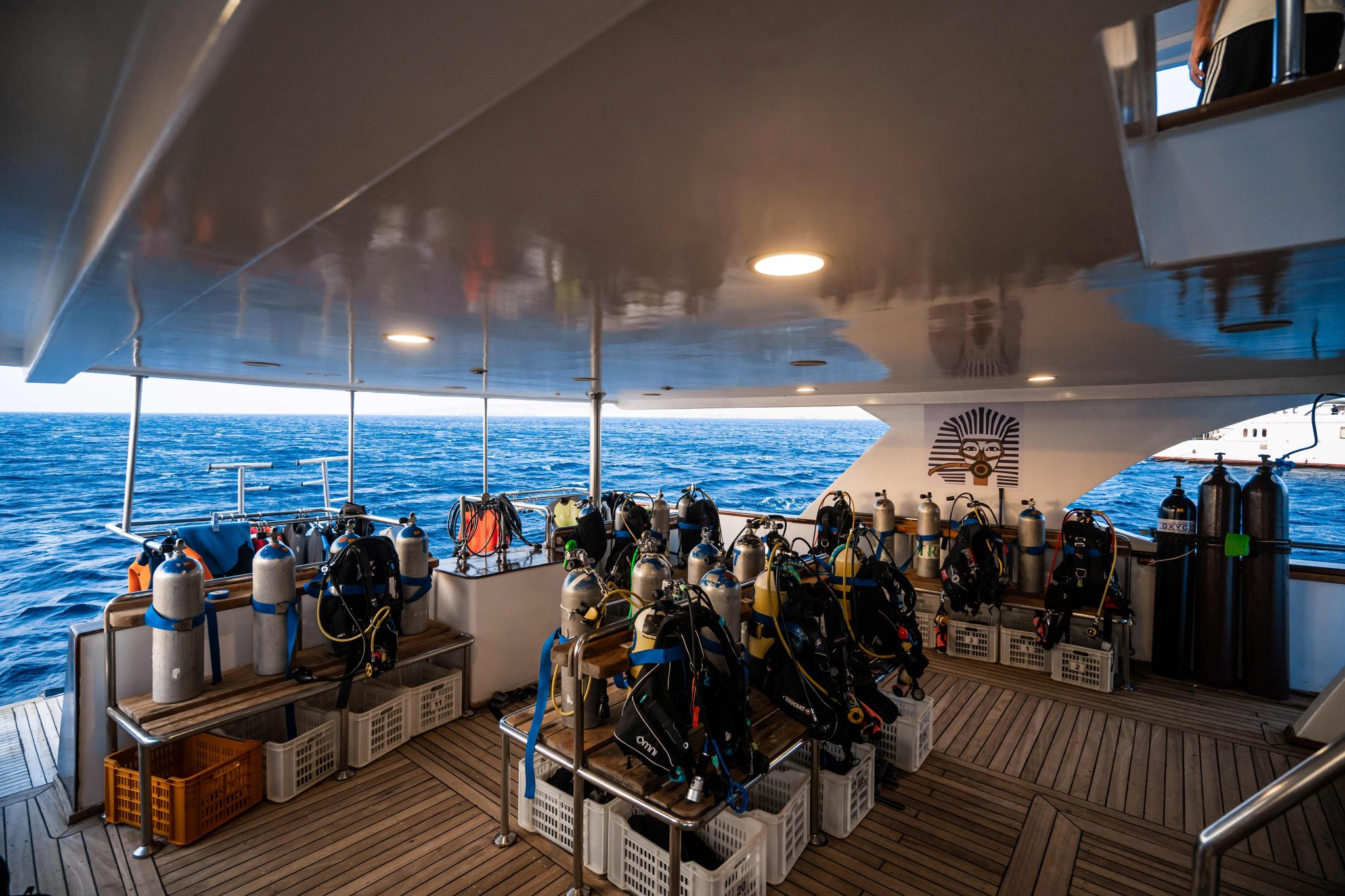
Safety is everyone’s priority, whether you are relaxing on board, swimming, snorkelling or diving.
On board Big Blue is fitted with smoke alarms, emergency lighting and a fire alarm system. The lower corridor has a full-size door fire exit at the bow and open stairs to the stern. There are evacuation plans in each room along with life jackets, glass breaker tool and a fire extinguisher.
BOOK NOW: INFO@PHARAOHDIVECLUB.COM / TEL: +44 7598 329059 or +20 100 6822000
Red Sea Splash at Fury Shoals is a very rare opportunity to get involved with marine biology expedition for children and adults. Open Ocean biologists are on board to provide fascinating and entertaining facts about the marine life you will see. The team will provide workshops on marine life identification and survey methods both of which, should you wish, you will have the chance to put into practice during your safari.
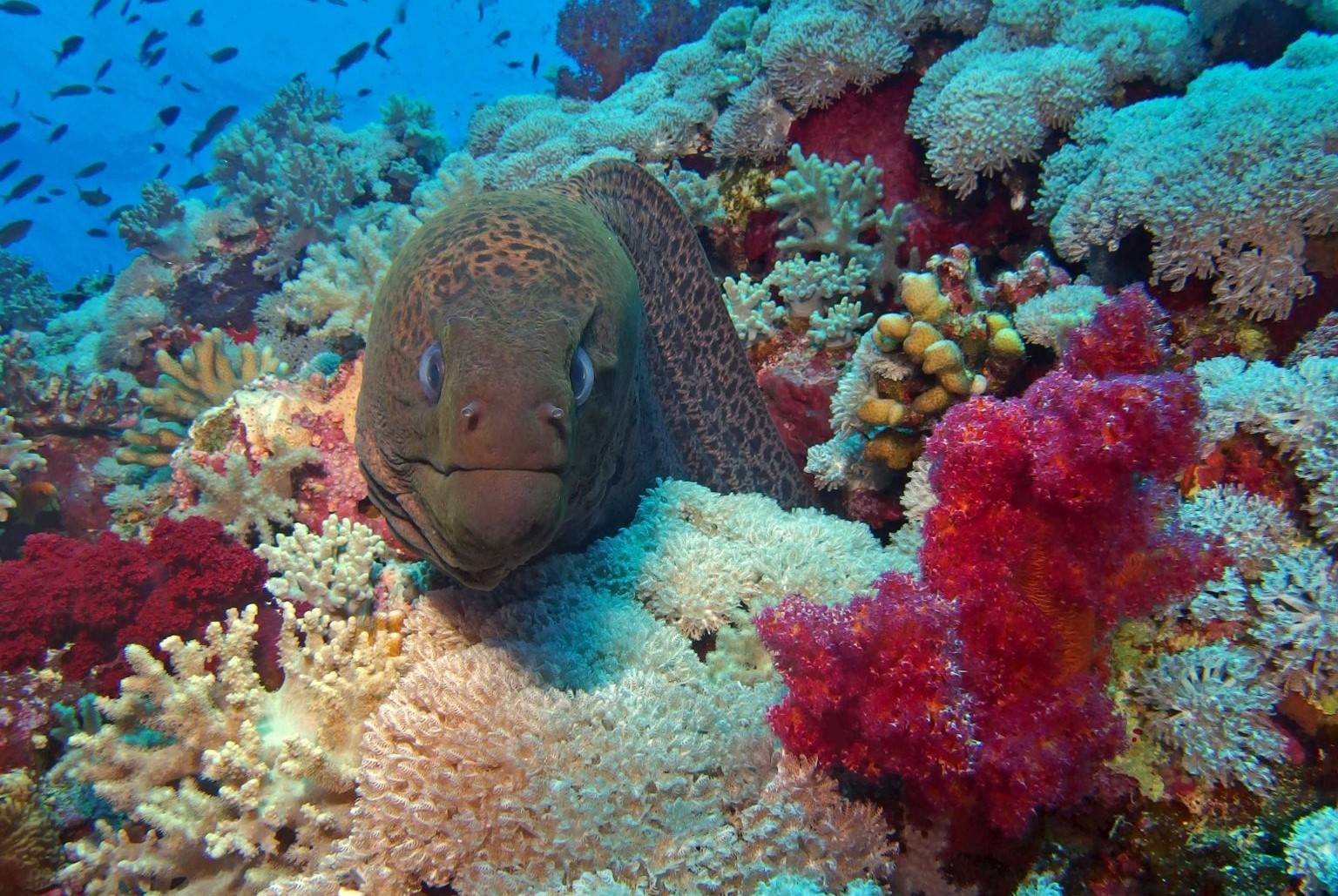
The week is open to snorkelers, scuba divers and non divers too!
Fury shoals is perfect for first time mariners as it offers plenty of protection from the weather.
We board at Port Ghaleb on Saturday evening and prepare to set sail early on Sunday morning.
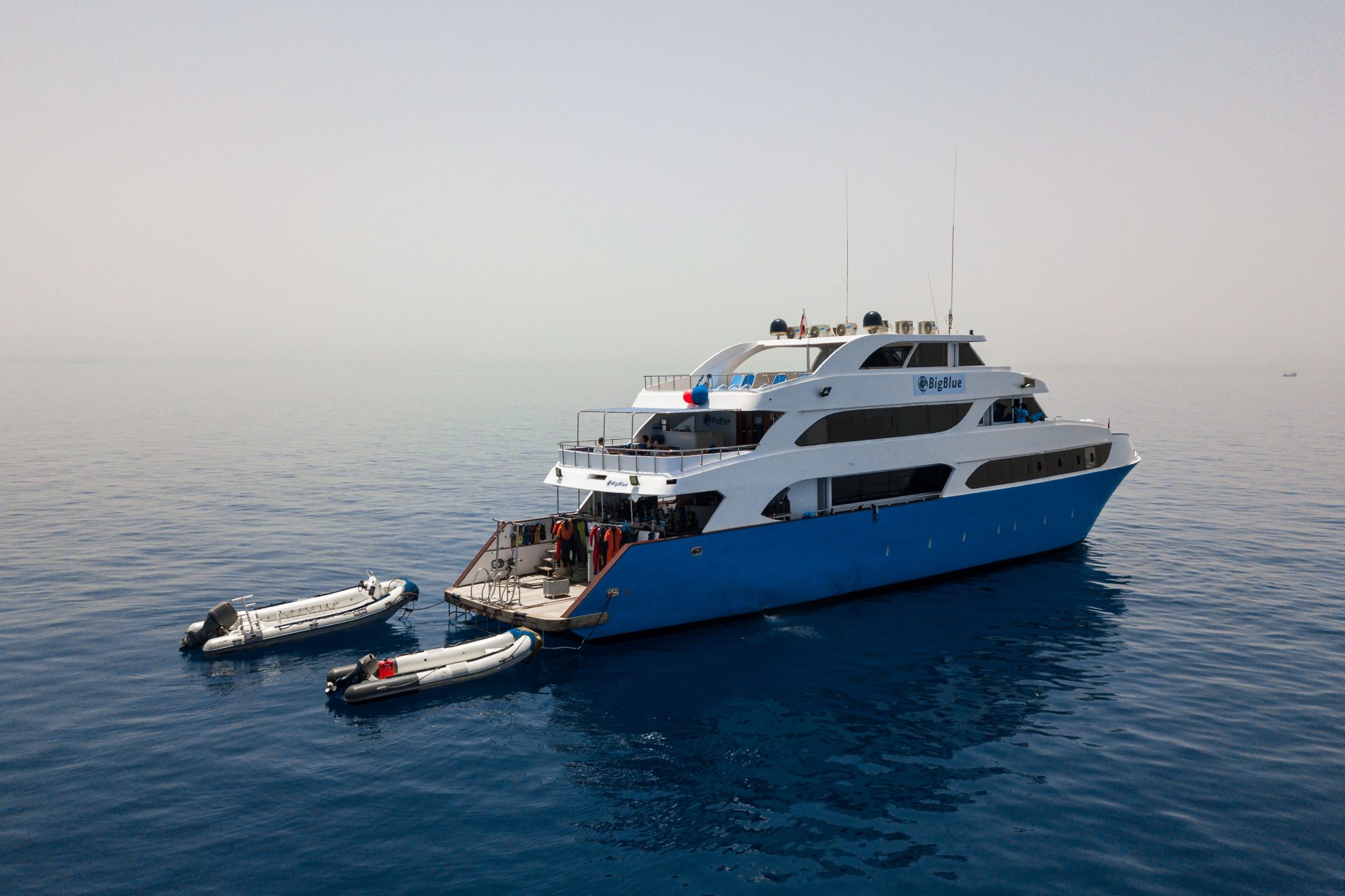
Heading south, our first day will be diving the reefs of Abu Dabbab before sailing overnight to reach our ultimate destination the Fury Shoals.
Here we will spend four days swimming, snorkelling and scuba diving amazing reefs. This includes guaranteed DOLPHIN encounters at Sataya Reef! After the last dive we haul anchor and head back to Abu Dabbab for our final two dives before disembarking our boat BIG BLUE.
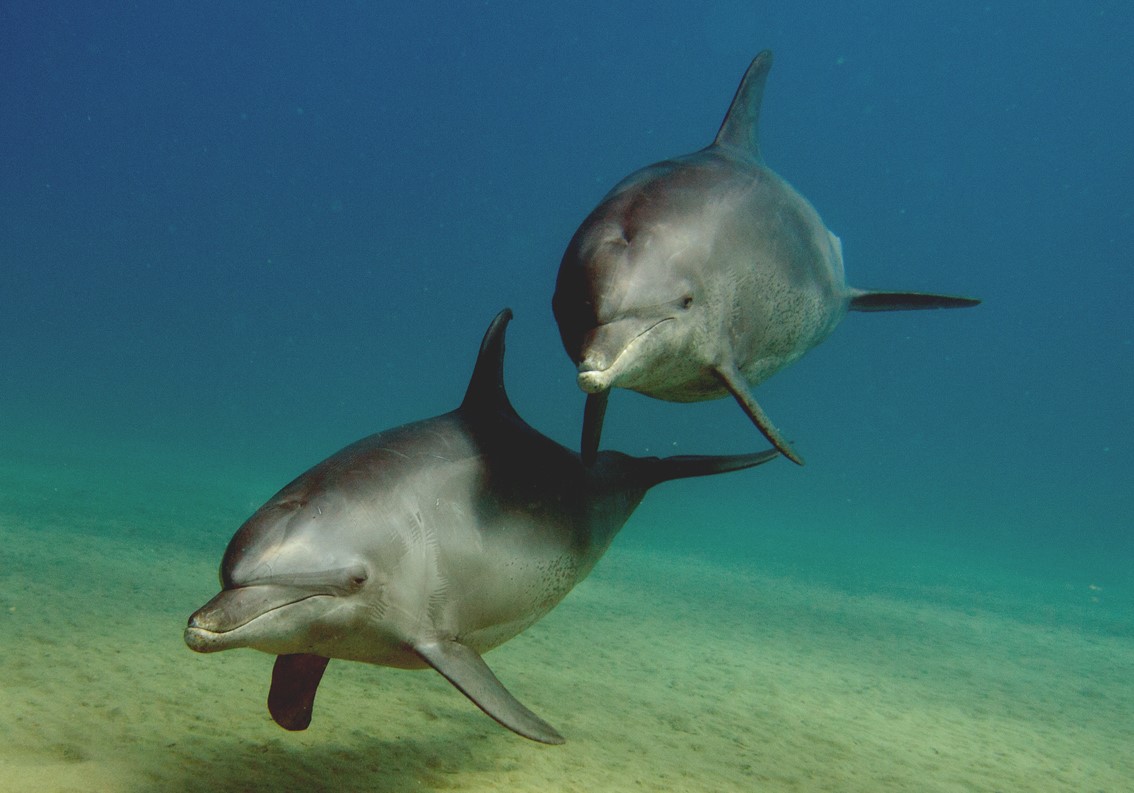
Camp Extension Cost*
Adult £650 per adult
Under 16 £350 per child
BOOK NOW: INFO@PHARAOHDIVECLUB.COM / TEL: +44 7598 329059 or +20 100 6822000
FURTHER INFORMATION – INFO@PHARAOHDIVECLUB.COM
TEL: +44 7598 329059 or +20 100 6822000
Blogs
Meet Pure Dive Resort: Your Gateway to Unforgettable Diving in Bali, Indonesia
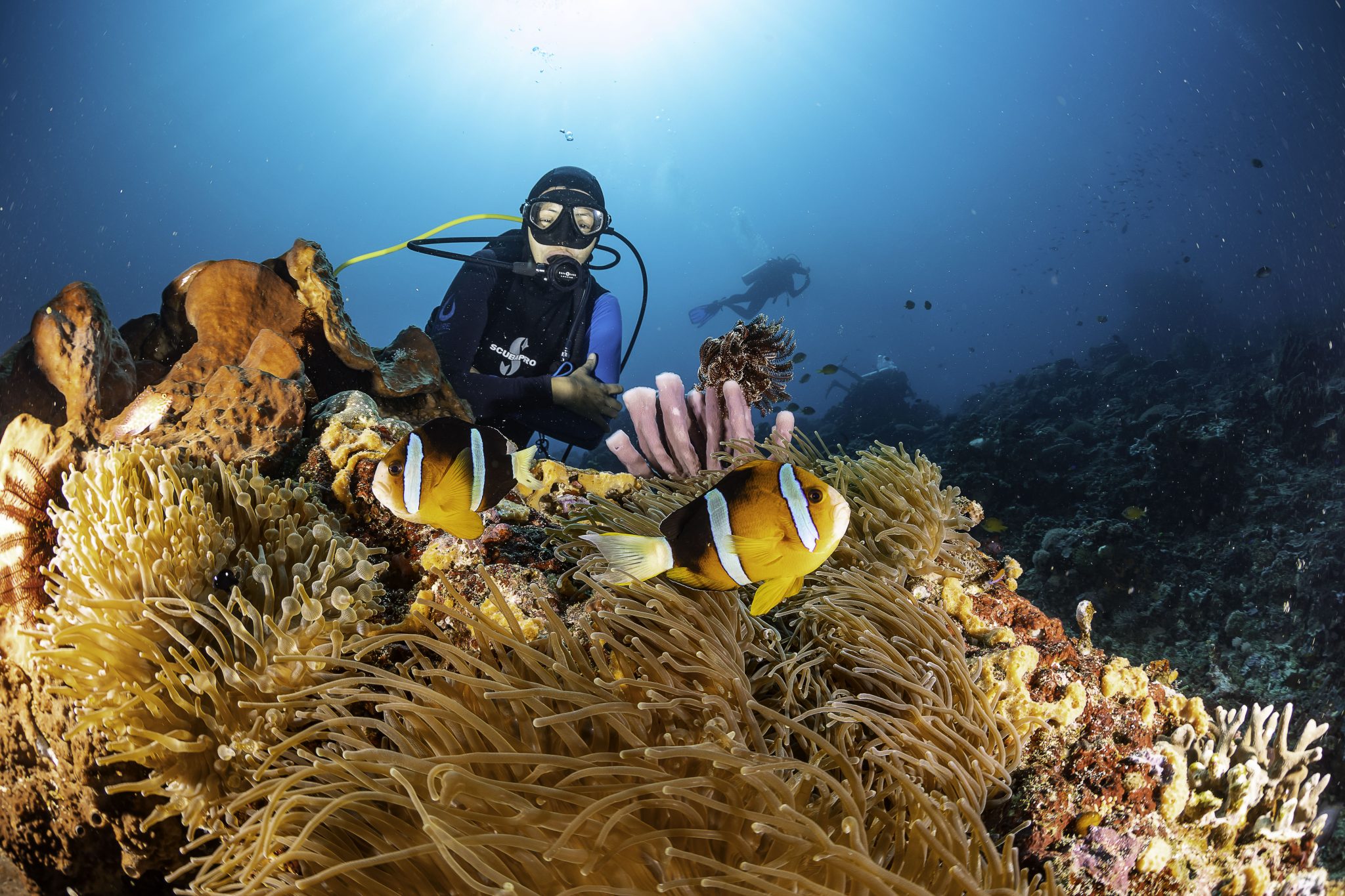
If you’re passionate about the underwater world, listen up! We’ve got an incredible opportunity for you to experience the vibrant reefs and majestic marine life of Nusa Penida, Bali, Indonesia.
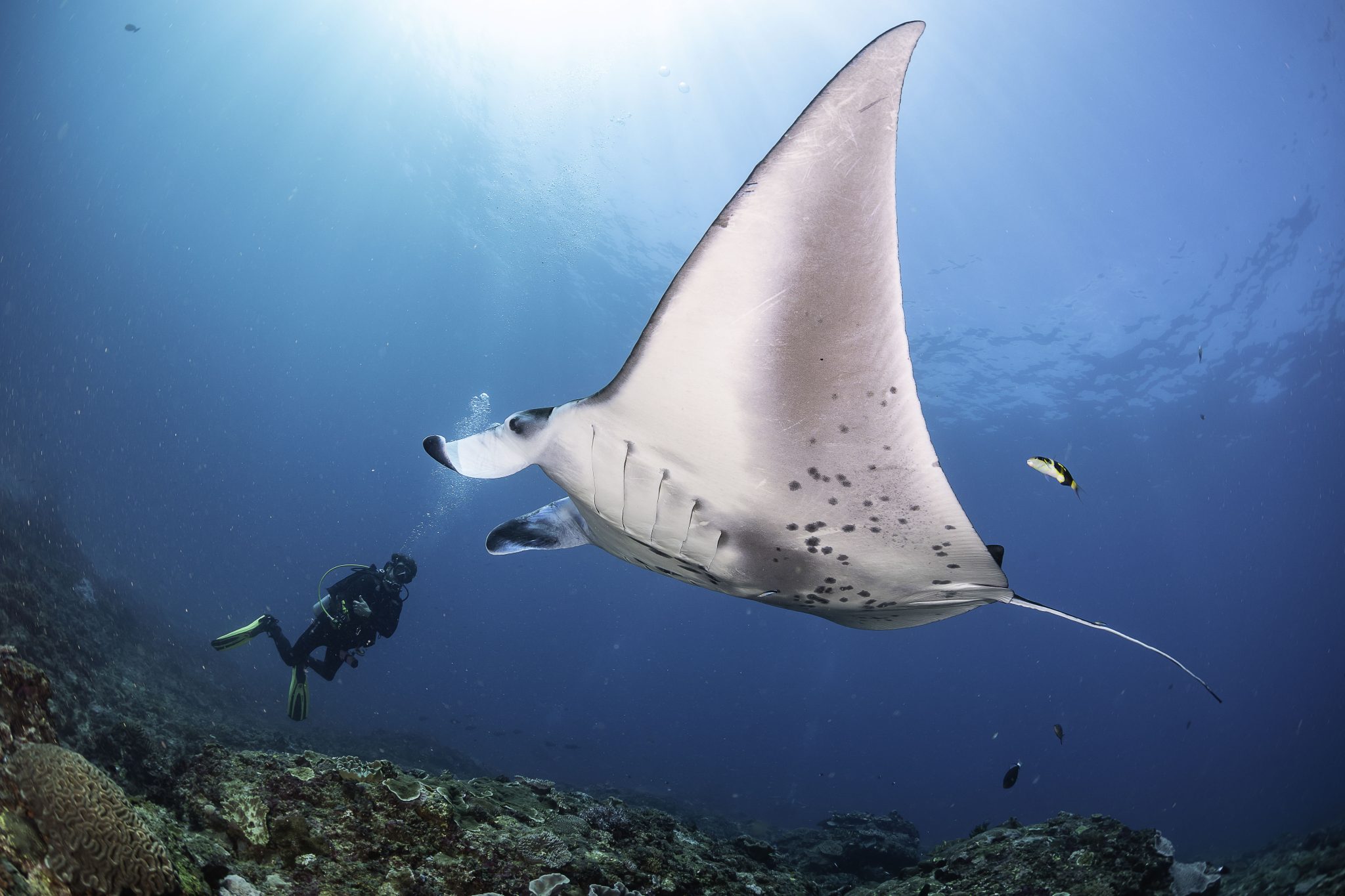
info@purediveresort.com / +62 811 3999852 / www.purediveresort.com
Pure Dive Resort isn’t just another dive centre; it’s a team of experts dedicated to providing world-class scuba diving and freediving adventures around Nusa Penida, Lembongan, Ceningan, and even Bali.
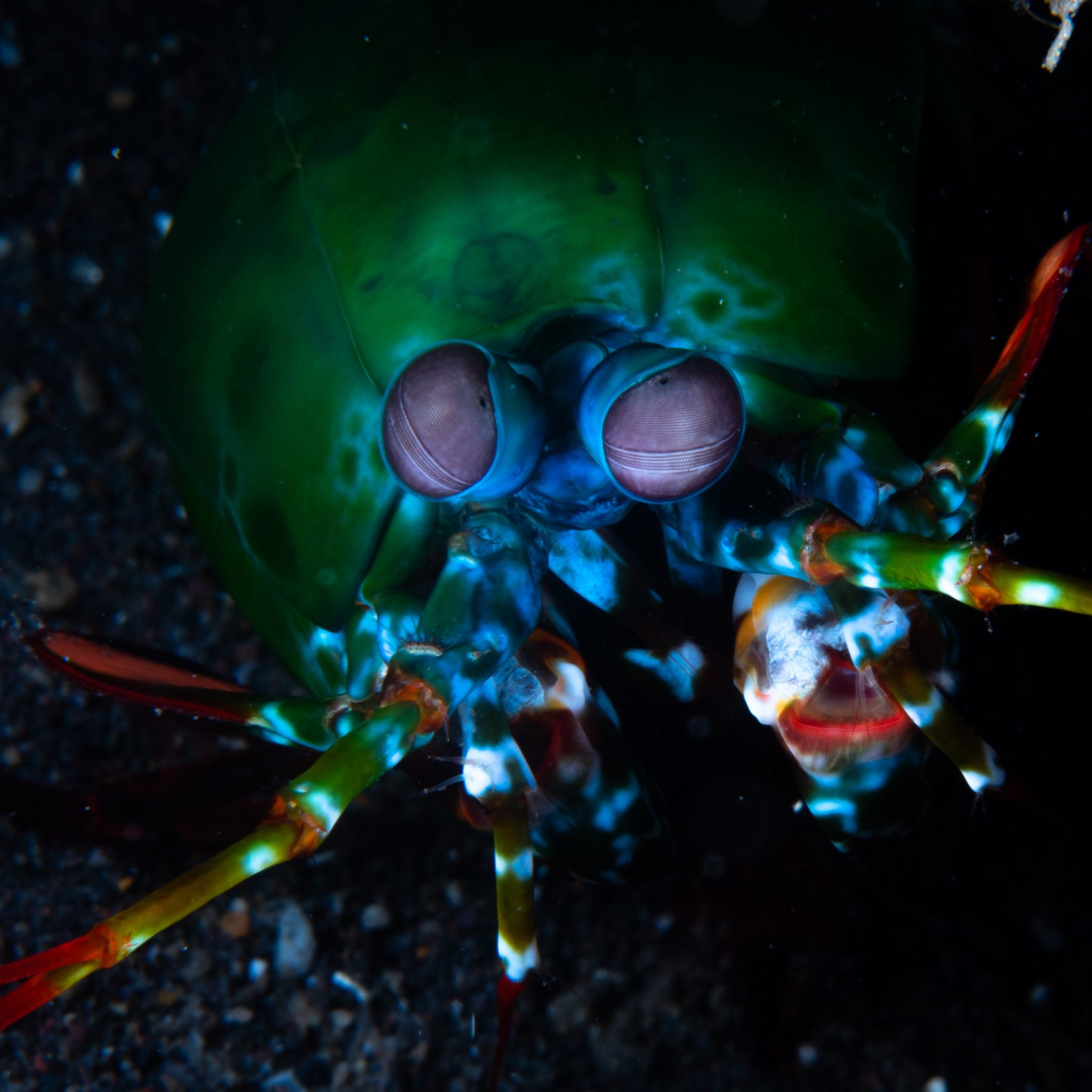
info@purediveresort.com / +62 811 3999852 / www.purediveresort.com
Whether you’re a seasoned diver or completely new to the sport, Pure Dive Resort has something for you:
For certified Divers: Discover stunning dive sites, encounter manta rays, seasonal mola-mola (sunfish), and a dazzling array of marine life.
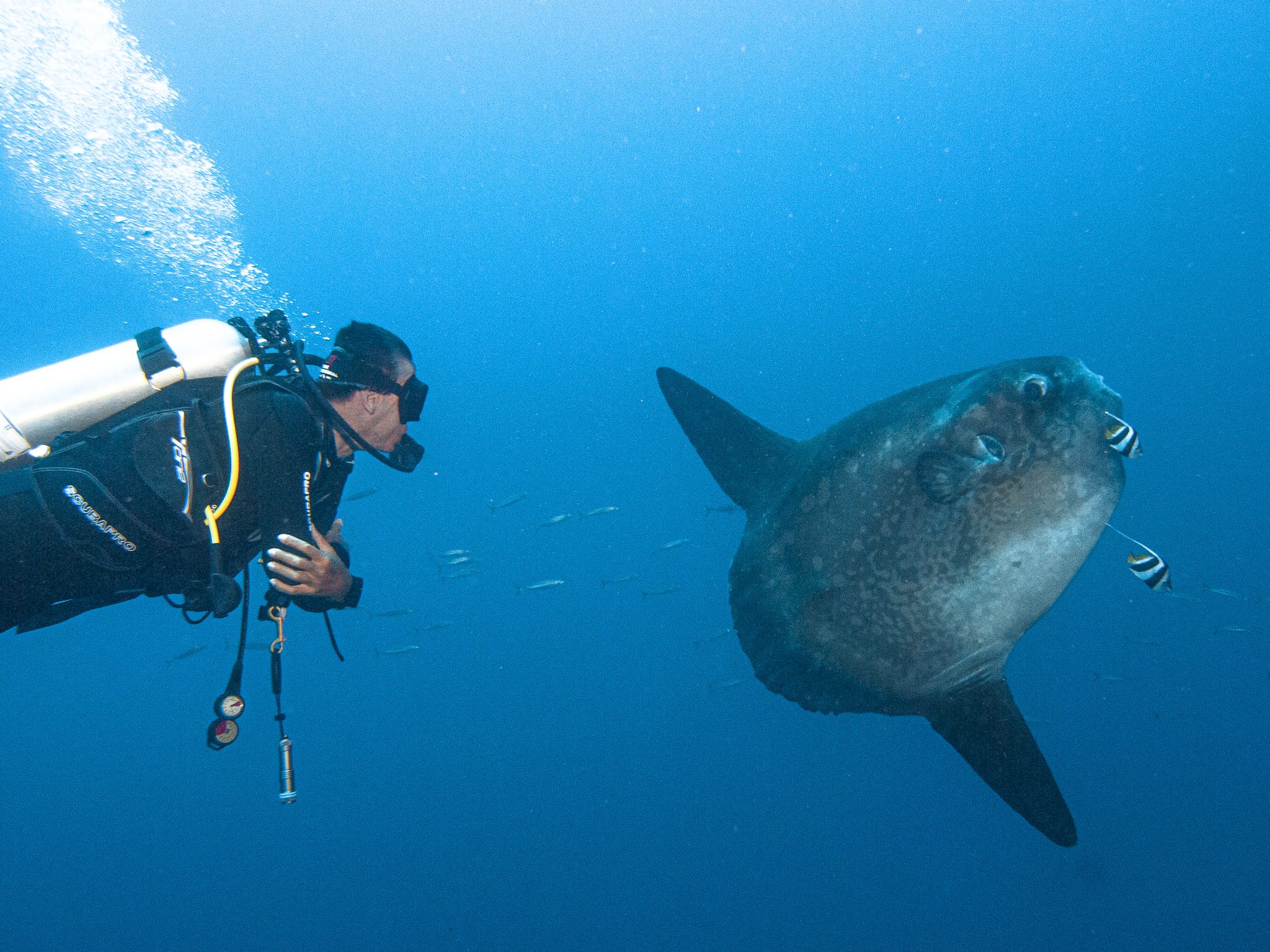
For beginners: Embark on your scuba journey with beginner programs like Try Scuba and Basic Diver, Open Water and Advanced certifications.
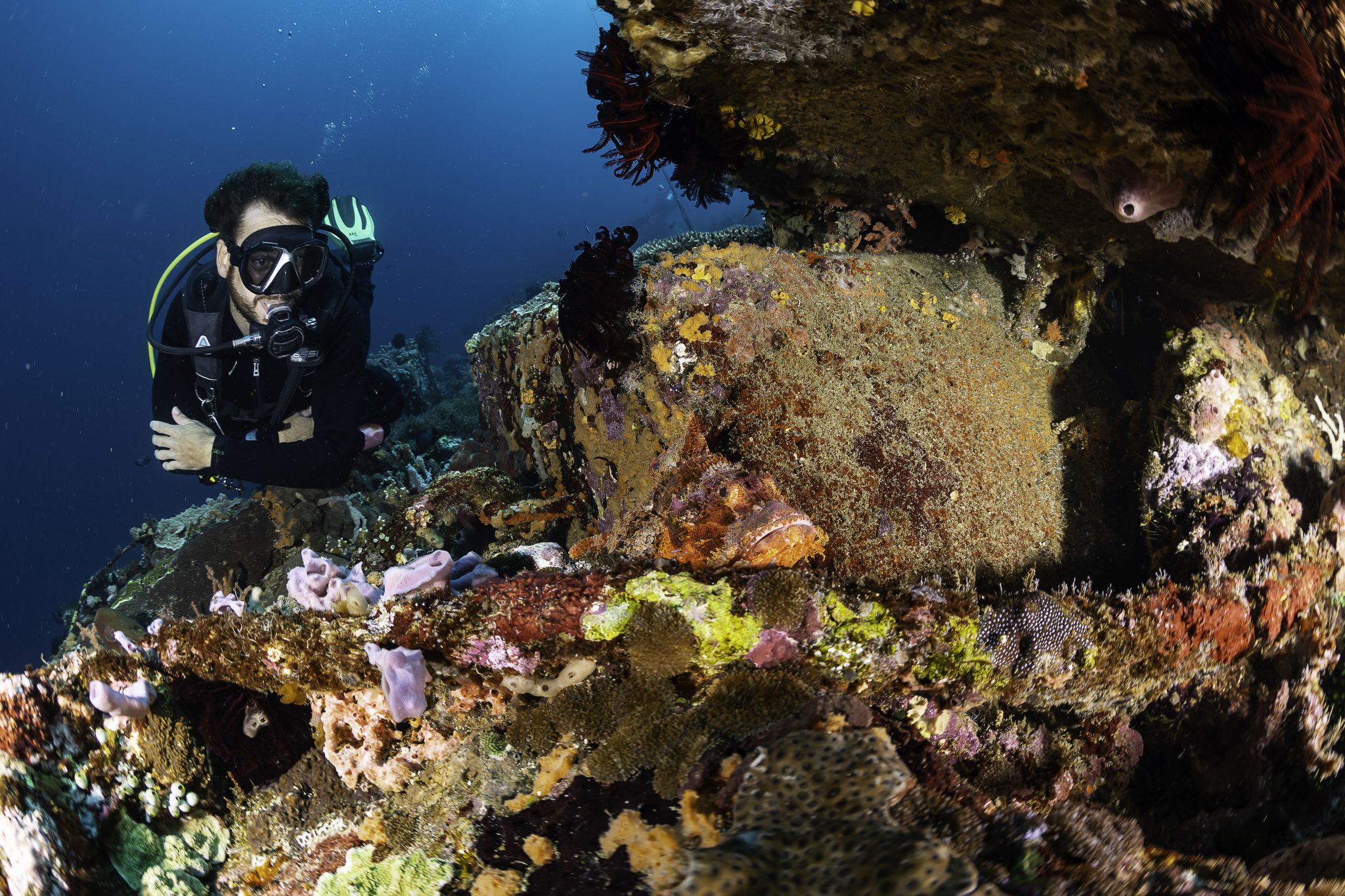
Freedivers: Explore the depths on a single breath with guided freediving experiences and courses.
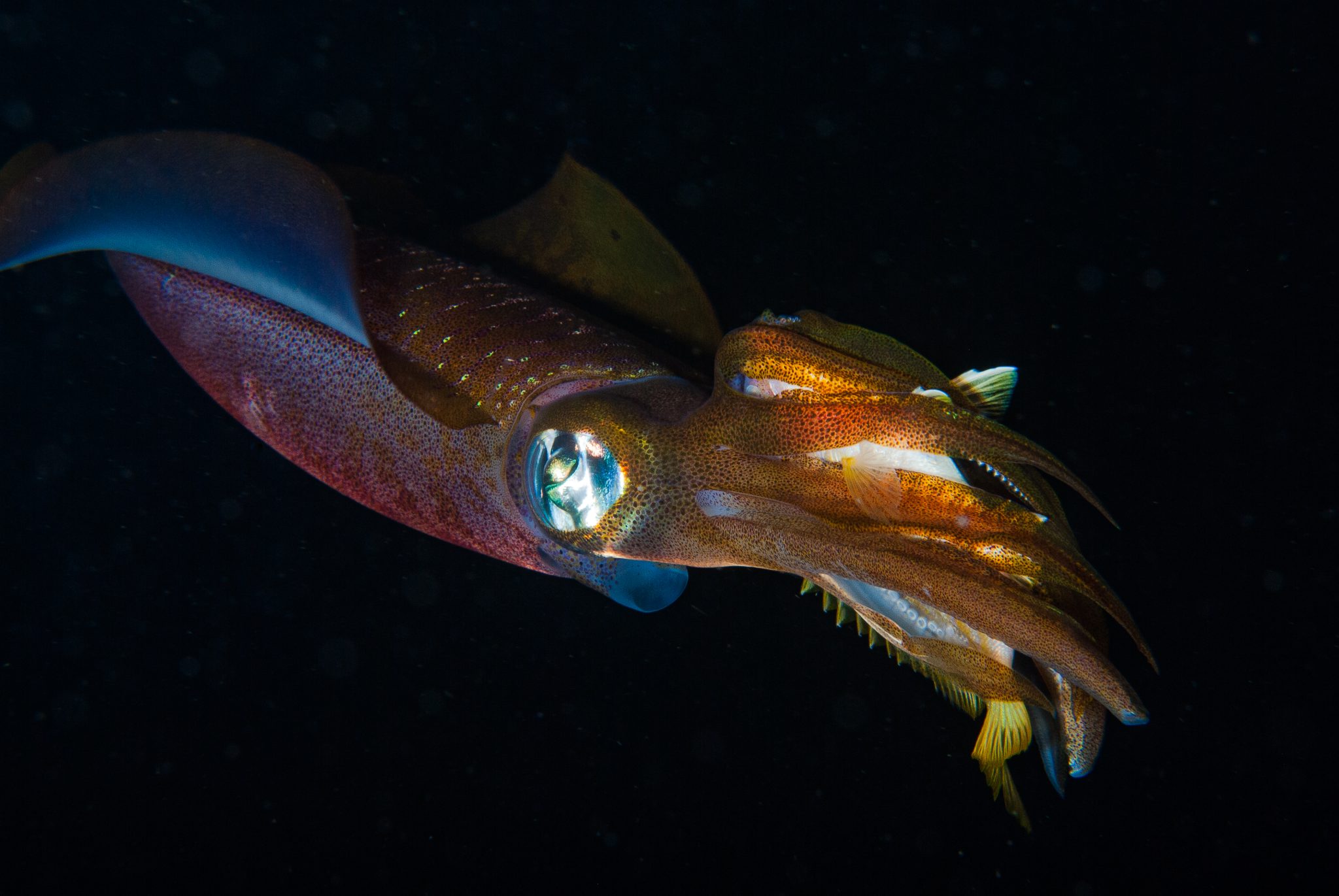
Exclusive Scubaverse Offer: Save on Your Next Adventure
As a valued Scubaverse follower, you get an exclusive 10% discount on any Dive & Stay or Learn & Stay package booked at Pure Dive Resort for 2024. Dive into the crystal-clear waters, explore breath-taking reefs, and create unforgettable memories in this diver’s paradise.
Visit https://www.purediveresort.com/package-offers/ to explore amazing packages and claim your discount with the code: SCUBAVERSE10
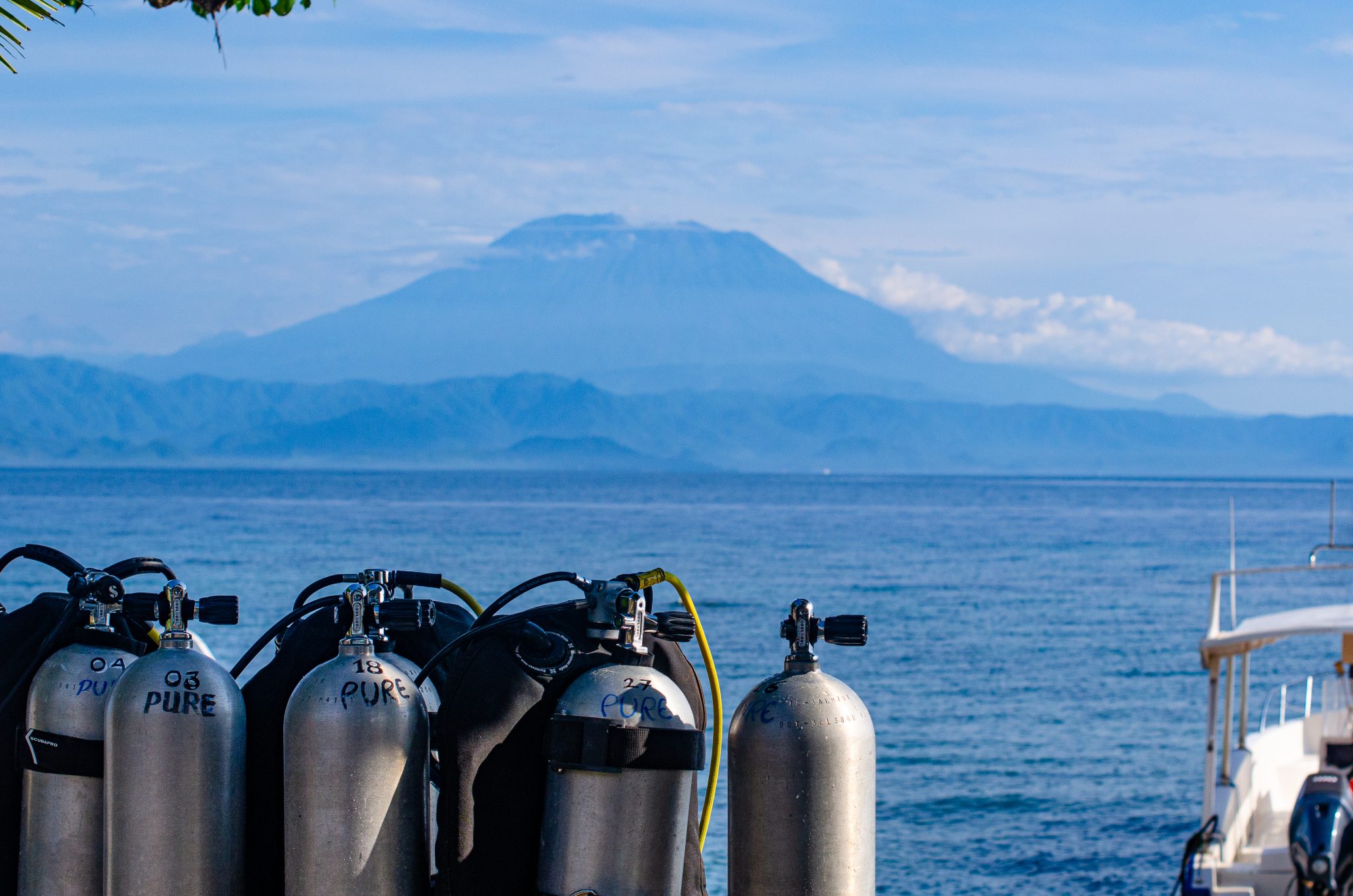
info@purediveresort.com / +62 811 3999852 / www.purediveresort.com
Ready to make a splash?
See you in Nusa Penida!
-

 News3 months ago
News3 months agoHone your underwater photography skills with Alphamarine Photography at Red Sea Diving Safari in March
-

 News2 months ago
News2 months agoCapturing Critters in Lembeh Underwater Photography Workshop 2024: Event Roundup
-

 Marine Life & Conservation Blogs2 months ago
Marine Life & Conservation Blogs2 months agoCreature Feature: Swell Sharks
-

 Blogs1 month ago
Blogs1 month agoMurex Resorts: Passport to Paradise!
-

 Blogs2 months ago
Blogs2 months agoDiver Discovering Whale Skeletons Beneath Ice Judged World’s Best Underwater Photograph
-

 Gear News3 months ago
Gear News3 months agoBare X-Mission Drysuit: Ideal for Both Technical and Recreational Divers
-

 Gear Reviews2 months ago
Gear Reviews2 months agoGear Review: Oceanic+ Dive Housing for iPhone
-

 Marine Life & Conservation2 months ago
Marine Life & Conservation2 months agoSave the Manatee Club launches brand new webcams at Silver Springs State Park, Florida



